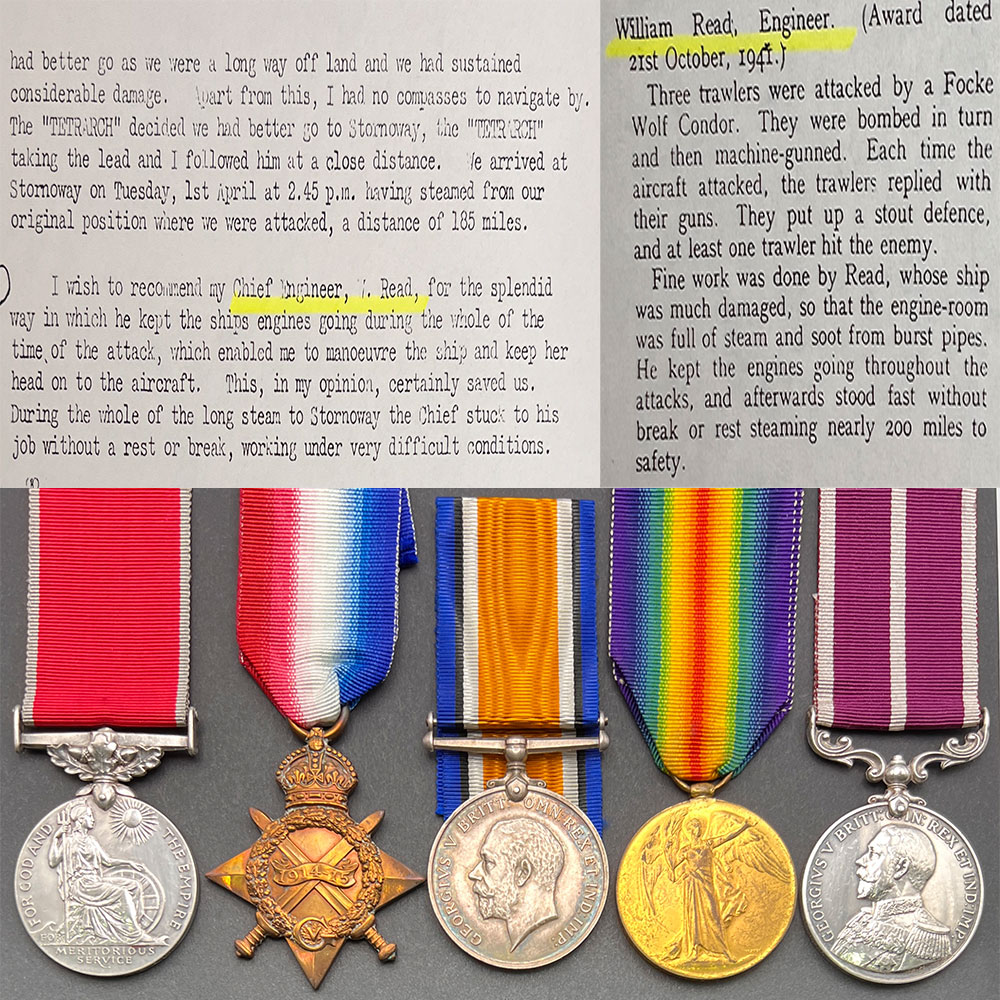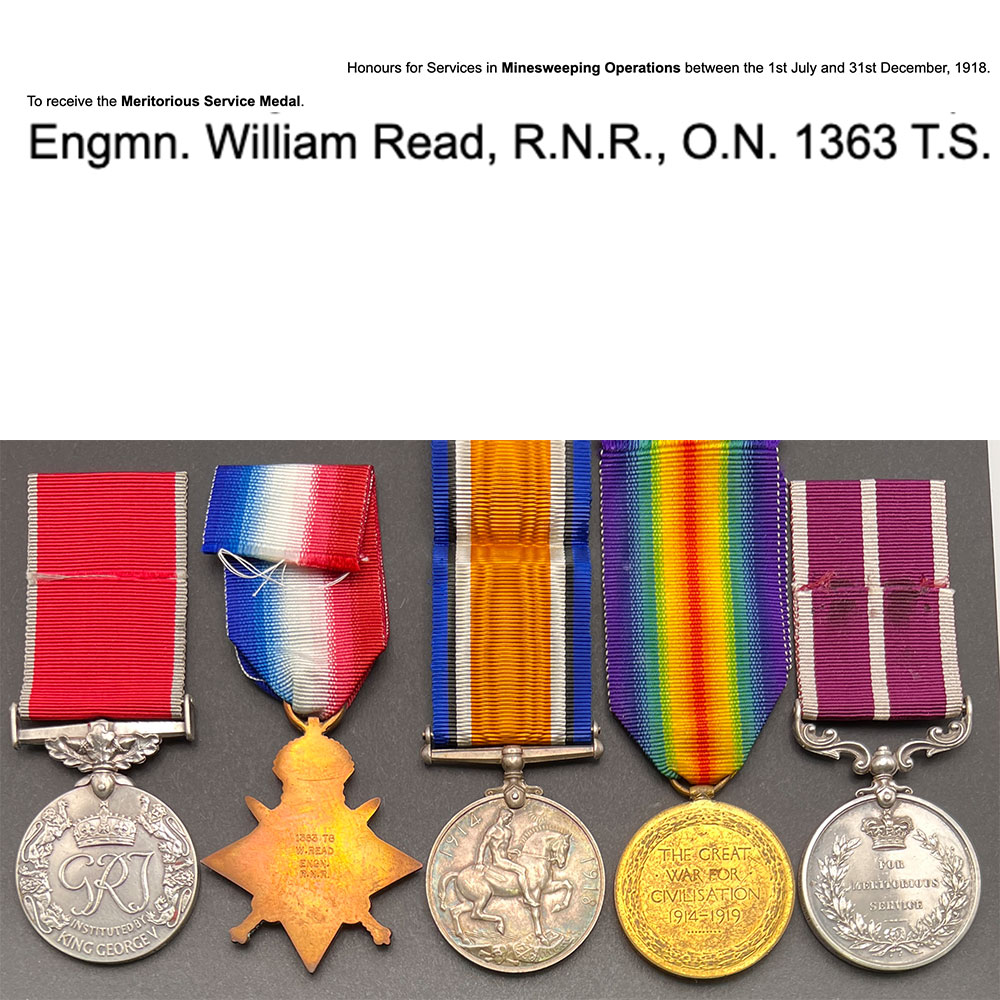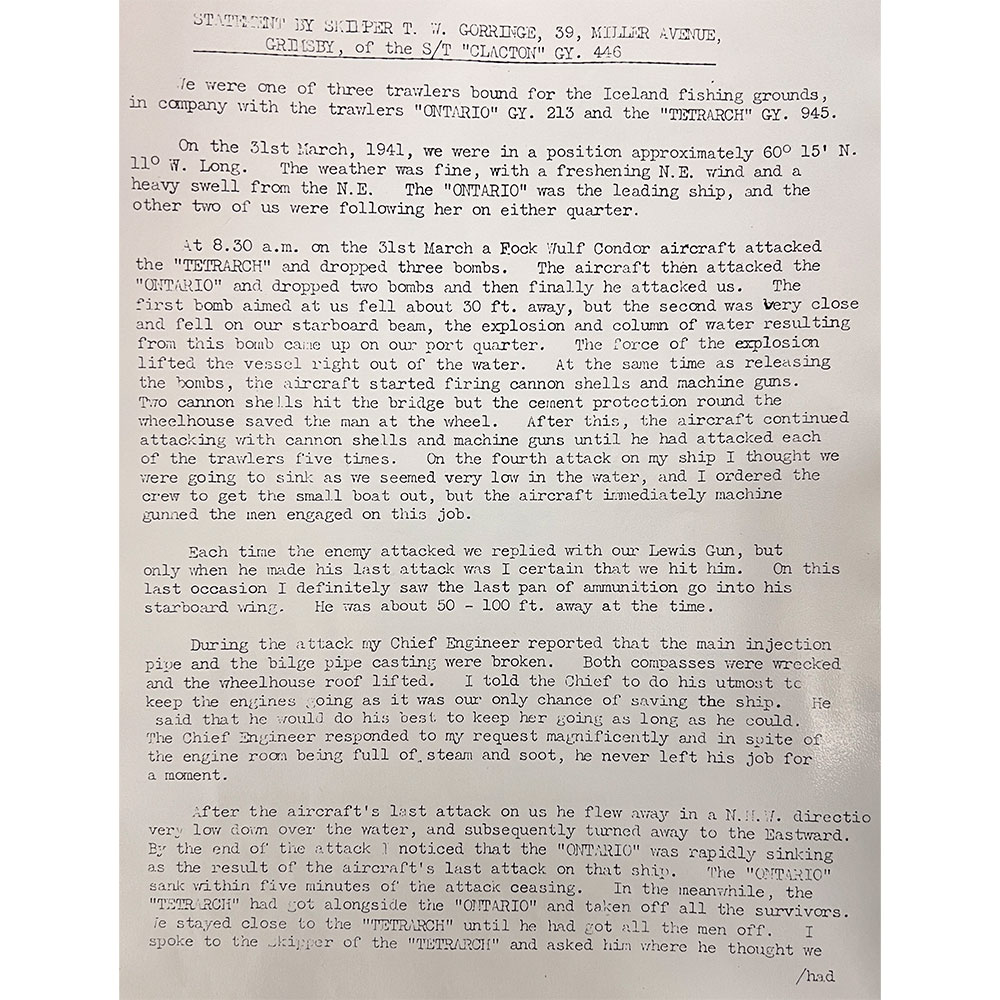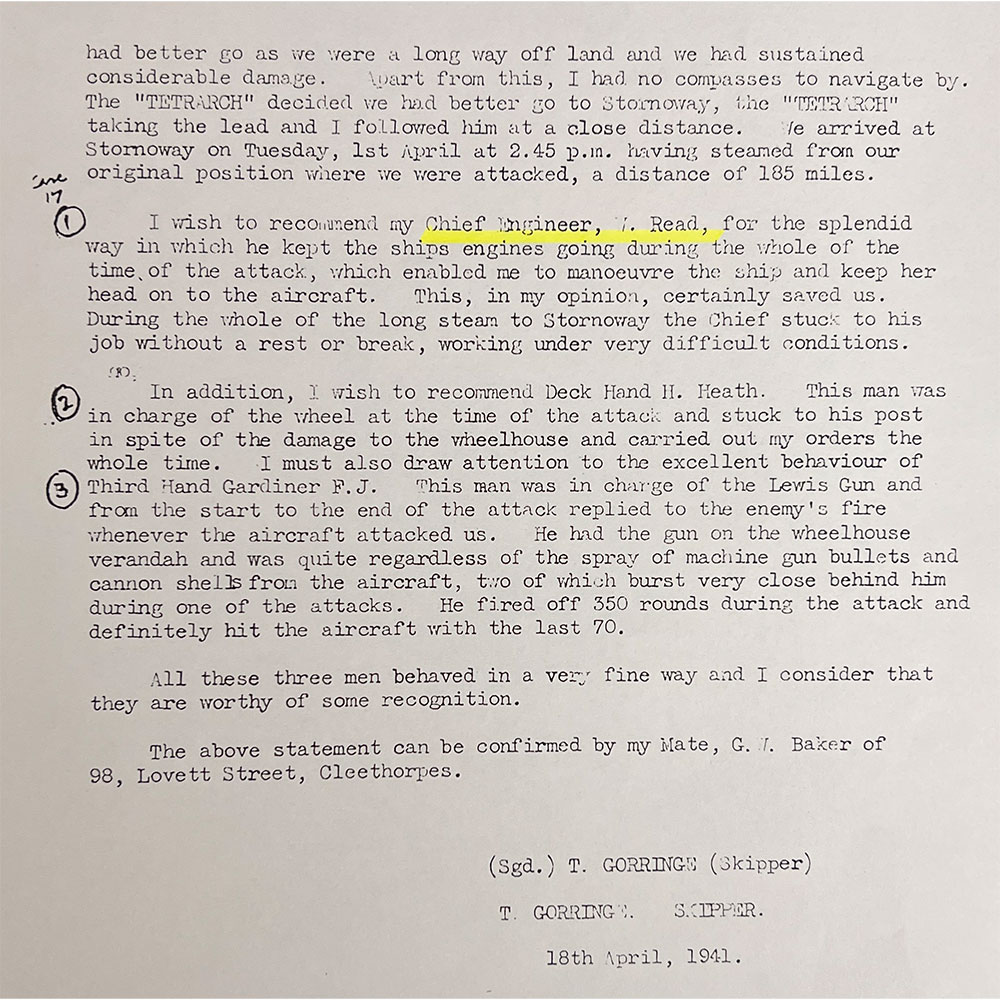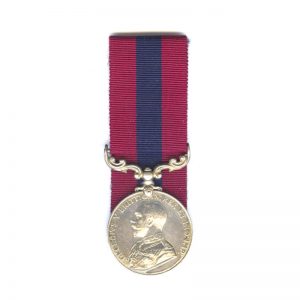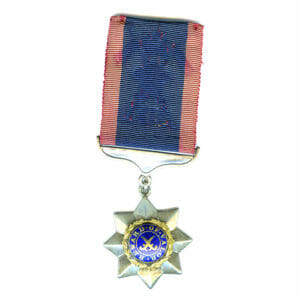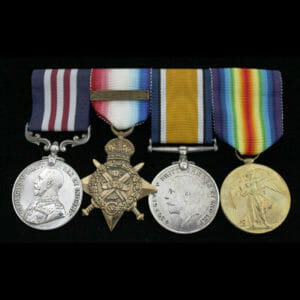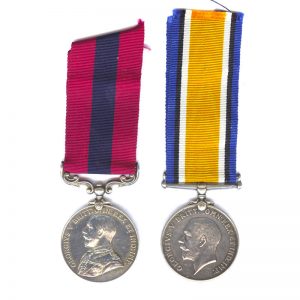Description
British Empire Medal, Civil Division Merchant Navy Issue, British War and Victory Medal, Naval Meritorious Medal, GV Admiral Bust, Chief Engineer William Read, Royal Naval Reserve later Merchant Navy.
With an extensive file of research, including reports of the action from the National Archives, R.N.R. Service Records for WW1 era, London Gazette entries, medal rolls, and even a map indicating the location of the ship when attacked on the day he won his BEM.
British Empire Medal, officially engraved: WILLIAM READ
1914-15 Star, please note this is an engraved copy/rename added for display purposes (recipient entitled to one)
British War and Victory Medal, officially impressed: 1363TS W. READ. ENGN. R.N.R.
Naval Meritorious Service Medal, officially impressed: “1363 W. READ, ENGMn “KIDWELL CASTLE” MINESWEEPING 1918.
B.E.M. announced in the London Gazette, 21st October 1941, with Citation on 20th January 1942:
“William Read, Engineer, S/T (Steam Trawler) Clacton
On the 31st March 1941, 3 Trawlers were attacked by a Focke Wolf Condor. They were bombed in turn and then machine gunned. Each time the aircraft attacked, the trawlers replied with their guns. They put up a stout defence, and at least one trawler was hit by the enemy
Fine work was done by READ, whose ship was much damaged, so that the engine room was full of steam and soot from burst pipes.
He kept the engines going throughout the attacks, and afterwards stood fast without break or rest steaming nearly 200 miles to safety.”
The report by his skipper T. Gorringe, after the attack notes specially:
“I wish to recommend by Chief Engineer, W. READ, for the splendid way in which he kept the ships engines going during the whole of the time of the attack, which enabled me to manoeuvre the ship and keep her head on to the aircraft.
This in my opinion, certainly saved us. During the whole of the long stream to Stornoway the Chief stuck to his job without a rest of break, working under very difficult conditions.”
On the German side of the attack, following their failure and being foiled by Engineer Read and a few plucky British Trawlers, Karl Donitz, the German Admiral and one time Head of State after Adolf Hitler, wrote in his diary on 31st March 1941:
“In the light of experience, especially in the case of the last convoy reported by aircraft which was unable to remain unobserved, and the resulting strengthening of Fliegerfuhrer Atlantik’s conviction that an unobserved shadowing is impossible with the Type Focke Wolf 200, I have decided to give the aircraft in general freedom of attack. I hope in this way to cause the enemy ot report the air attack, from which the position may be obtained by our Radio Intercept Service.”
For his service during World War 1, he was awarded the scarce Royal Navy variety of the Meritorious Service Medal, for his services on the Hired Trawler Kidwelly Castle during 1918 whilst on Minesweeping duties.
He had also seen service on the Trawler Merlin.
